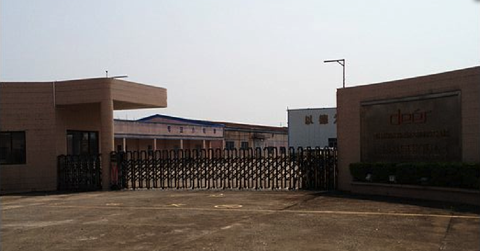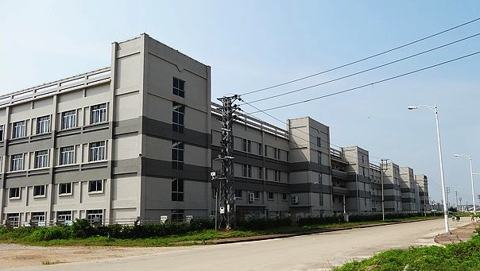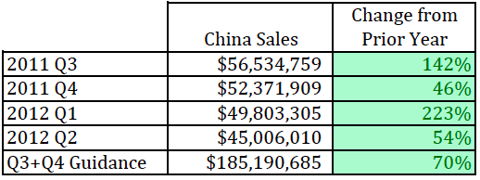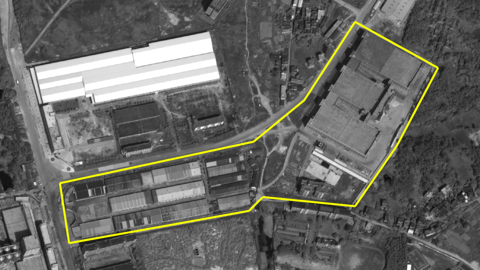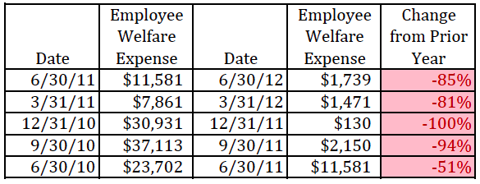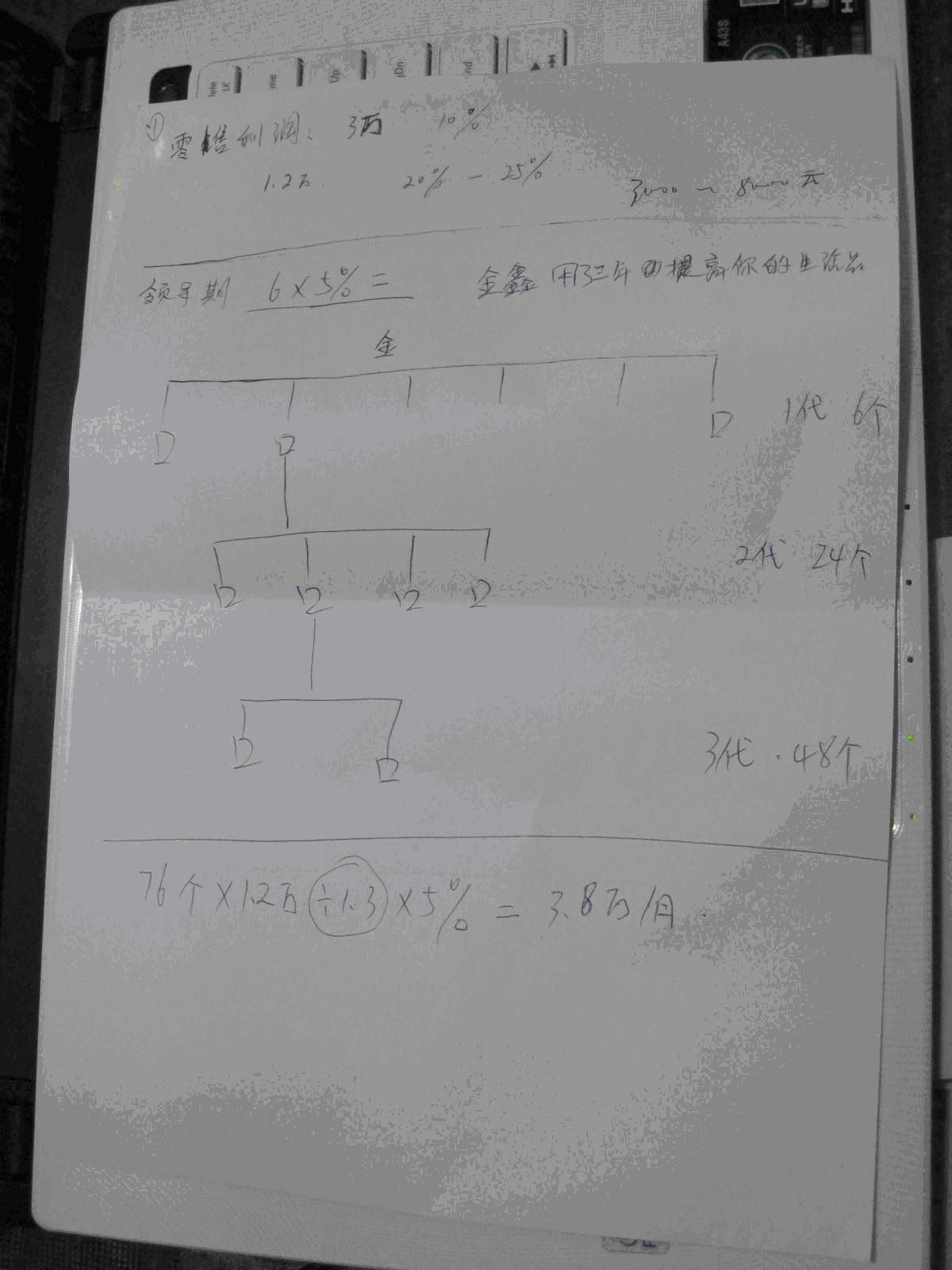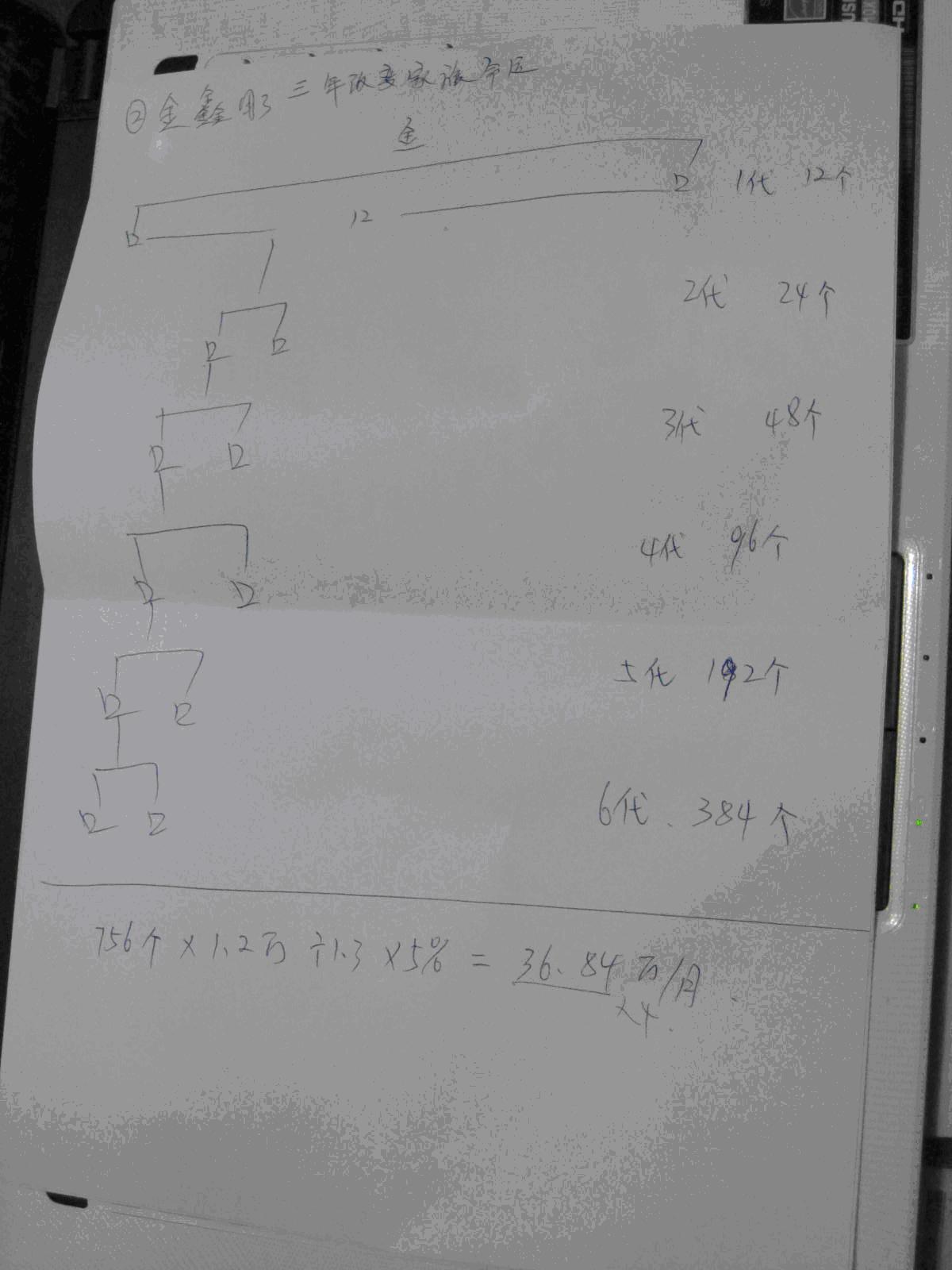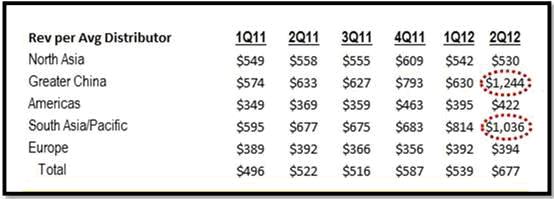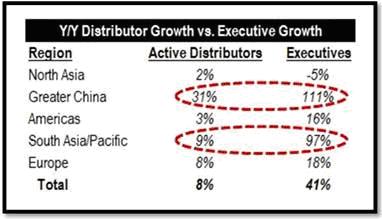Posted in Citron Reports by Stocklemon on the July 19th, 2012
Freedom-to-Operate
may be Severely Compromised
Eight years ago this month, (yes Citron has been at it this
long), we published an article on Nitromed (NASDAQ:NTMD). Nitromed
received FDA approval to combine two generic pharmaceuticals and the stock
catapulted to over $20 a share, with every covering analyst posting a
"strong buy". Citron pointed out the problems in their business
model in the face of Wall Street. The company ended up selling itself 3
years later for .80 cents a share. The moral of the story is FDA approval
is not a short path to riches, and the importance of intellectual property
cannot be discounted when valuing a pharma company. For a drug with
purported "multi-billion dollar market potential", Citron is
astounded by the weakness of Vivus' intellectual property protection, and the
lack of due diligence on the Street, which allowed things to get so far without
a warning flag being dropped.
Citron has been carving to the bone on the Vivus / Qsymia weight
control pill story, and is convinced this is déjà vu all over again.
Similarities include:
·
A "blockbuster" drug — which is just a combination of
two readily available, inexpensive generics
·
A one-drug pharma company – with an abysmal track record long on
hype and failed execution
·
Notable absence of a deep-pockets marketing partner, having to
"go it alone" with its home-grown and risky marketing plan.
·
Vivus's intellectual property protection for its much publicized
diet drug Qsymia appears riddled with flaws
The Drug Story Background
With FDA approval obtained for its weight loss drug Qsymia, VVUS
stock price has tripled over the last year, fattening up its market cap close
to $3 billion, all for a drug that we believe will never become commercially
viable.
This report will identify major problems in the intellectual
property foundation supporting VVUS's weight loss drug.
Considering Vivus had a favorable 20-2 advisory panel
recommendation in hand in February, the company knew FDA
approval this week was a certainty. They have had the last 5 months to
sign a licensing / distribution / partnering / deal with a credible pharma
marketing company. J&J — a likely rights-holder in at least one of
the patents looming over Vivus' freedom to operate — would have obviously been
the company’s first phone call in February. Instead, insiders sold
virtually all their options-vested stock, and the company raised money from
investors.
After all, Vivus, is a 38-person company with scant history of
manufacturing or selling a drug. Why have they not been able to sign up a
marketing partner or a strategic investor for Qsymia over the past 5 months
? Citron finds this odd … Like Kate Upton not being able to find a
date. Possibly the problem here is no one wants to get in the middle of
what seems to be an inevitable intellectual property battle with J&J and/or
others that will likely delay and possibly threaten the production of Qsymia.
Because of this overhanging risk, any third parties supplying
topiramate to Vivus might be liable for contributory infringement for supplying
an Active Pharmaceutical Ingredient – a risk for any drug supplier who
knowingly infringes a patent.
Vivus's Intellectual Property Story:
Serious Doubts about its IP Protection
"You
can avoid reality, but you cannot avoid the consequences of avoiding
reality."
- Ayn Rand (1905-1982)
While the company has been busy furthering their FDA submission
and selling stock, Vivus has simply avoided confronting the reality that they
might not even be able to go to market.
The foundation stone of Vivus' IP protection is a patent
licensing deal signed a decade ago with a Dr. Najarian, an obesity doctor and
researcher who filed as sole inventor for Qsymia's two-drug combo. One
question that has been hanging over the company for years is the possibility of
patent infringement on one of Qsymia's two active ingredients, topiramate, a
patent held by Johnson & Johnson, who used to sell the drug as an obesity
treatment before it went generic. It affords patent protection until
2017. It originally was filed by a researcher named Shank on June 29,
1996 (US PTO No. 6,071,537)
You do not have to be a patent attorney to read the title of the
abstract:
"Anticonvulsant Derivatives Useful in Treating
Obesity"
There is no evidence of the validity of this patent ever being
challenged, either at the USPTO or the corresponding EP patent (EP0915697)
filed here. There are no mentions in Vivus' filings of the Shank patent,
and therefore no clues as to how Vivus plans to deal with it. They do say
in their 2011 10-K:
We are aware of issued patents
for the use of topiramate alone or in combination with other specific agents (zonisamide and mirtazapine) for
treatment of obesity and related indications e.g. prevention of weight gain.
We have worked closely with our patent counsel to put together a cogent patent
strategy and are building a strong patent portfolio in an attempt to obtain
exclusivity over the life of the patents.
And??? You've worked on it? What
is the answer?
How exactly does Vivus overcome the Shank patent to sell
topiramate for weight loss? Citron rates this unresolved question a substantial
risk factor.
Here is an answer given by Vivus head of corporate development,
Tim Morris at a recent conference when asked about the Shank patent:
TIM MORRIS: … this refers back
probably to the Shank patent which is owned by Ortho. And as you guys know,
topiramate was marketed by J&J for several years, it's now generic. We've
talked about this in the past.
We don't believe there's any issues in
terms of we've looked at the issue patents from Shank, we've looked at the
issue patents for us, several patent counsels have opined on them. Both patents
are issued and we think they're valid.
We don't believe there will be any
concern there. Obviously topiramate is not approved for obesity. We don't
believe J&J is making any money off topiramate for obesity. And so, no,
we're not concerned at all about J&J. It's obviously a topic for the Street
and people love to opine and write on it, but for us it's full
steam ahead.
It doesn’t make a difference if you think your patents are valid…what does
J&J think? Citron notes that …Tim Morris sold ALL of his Vivus common
stock the same week in February that the company received its favorable vote
from the FDA advisory panel …
This is Morris's version of "Full steam ahead" :
Yet, Vivus does slip this line in their filings:
We may be unable to in-license
intellectual property rights or technology necessary to develop and
commercialize our investigational drug candidates.
It is impossible to assess the market value of Qsymia
to Vivus until this issue is fully disclosed and resolved.
Potential Problems in Vivus's product
protection based on the Najarian patent.
As if the Stark patent issue was not enough, there are also
unanswered questions about the main patent Vivus appears to be relying on
behind Qsymia – the one licensed from Dr. Najarian. A condition was
introduced to the assignment agreement between Vivus and Dr. Najarian that made
future milestone payments contingent on the Najarian patents prevailing over
another, earlier-filed third-party patent by inventor McElroy. The
company found the McElroy patent important enough to make it a condition in the
licensing agreement with Najarian.
Very soon after Dr. Najarian assigned his patent to Vivus in
2001, the McElroy patent issued, with claims related to methods for treating
disorders that include obesity using sulfamates (including topiramate) in
combination with psychostimulants (including phentermine).
This is a second threat to Vivus's freedom-to-operate and, it is
referenced explicitly in the assignmentagreement
from Dr. Najarian on October 16,2001. (See 3.2.(ii) and 3.2.(ii) for
specific references ). In fact, payments to Dr. Najarian are explicitly
made contingent on "freedom to operate" with relation to the McElroy
patent.
It should be noted that Dr. Susan McElroy is the director of
psychopharmacology research at University
of Cincinnati and is
widely published on obesity and mental disorders.
Prior art is not pretty for Vivus:
The Najarian patent has a huge problem with regard to
dates. Simply, the McElroy patent's
provisional filing was earlier – Feb 24, 1999 – than the Najarian patent,
which was June 14, 1999 (search for "provisional" to verify these
dates). And note that McElroy's full filing appropriately references
the June 2000 Shank patent. It includes studies in which Binge Eating
Disorder patients were treated with open label topiramate in doses from 25 mg
to 1200 mg. (The use of phentermine at varying doses to treat
obesity was well known at the time.) Now, it remains possible that with
the proper documentary evidence, the Najarian patent defense could "swear
behind" the McElroy patent to get date precedent in the US – an uphill
struggle for Vivus. But such a claim will not hold up in Europe, because outside US jurisdictions, the provisional
patent filing date prevails.
Dr. Najarian's patent application doesn't reference McElroy
until he files this Supplemental
Information Disclosure dated
December 13, 2001 without further description. Najarian and Vivus obviously had to know about the significance of the McElroy patent,
because the entire Vivus assignment from Najarian in October 2001 is contingent
on Vivus obtaining freedom to operate without interference from the McElroy
patent specifically. But later patent filings state no reference to this
important prior patent application. Whether an intentional oversight or
impermissible intentional misstatement, it leaves open the door to a ruling
nullifying the Najarian patent in its entirety — yet another door opened for
patent litigation.
Obviousness is a problem for Vivus
In its simplest terms, US Patent Law requires that an invention
be novel and non-obvious. For example,
simply varying the dosing of a drug which shows side
effects proportional to dosage is not sufficiently novel to qualify for a
patent.
"The claimed combination has surprisingly fewer side effects than the
individual drugs."
"…I surprisingly found that the addition of a
sympathomimetic agent such as phentermine greatly diminished the side effects
of the topiramate. Further, this allowed patients who, previously, could
not tolerate topirate, to be able to take topiramate in combination with
phentermine. … "
This is an extremely important statement to the
patent.application's defense. Even if Dr. Najarian submitted this
statement in good faith, he has a duty of candor with regard throughout the
pendency of both the originally-filed and subsequently-filed applications to
disclose all information
known to the application that might impact patentability. The
question is, in light of the sizable studies performed on Qsymia to gain FDA
approval, and the copious commentary on its side effects, does Dr. Najarian
still believe the above statement is accurate and defensible? No side
effects observed with this drug combo ?
The huge body of clinical evidence, including Vivus' own studies
submitted for FDA approval, indicatethat
side effects of Qsymia are essentially proportional
to dosing. The very body of evidence that Vivus submits
for safety adds to the same exact body of evidence a challenger would use to
attack the Najarian patent for non-novelty and obviousness.
Referring to Vivus' own FDA Advisory Briefing Document (linked
below):
"As such, the side effects of
QNEXA [now Qsymia –ed.] therapy are expected to be consistent with those
described in the approved labeling for phentermine and topiramate, albeit at
a severity consistent with lower doses."
Any party challenging the Najarian patent will find they have
been handed extremely strong legal grounds to attack its validity on the above
comments.
Patent Ownership Uncertainties
There is further a question as to whether Dr. Najarian actually
owned the patent personally, as he filed. Or did he have an obligation to
assign his invention to one or more of his employers?
At the time his assignment to Vivus was executed, Dr. Najarian
was the VP of Medical Affairs and Medical director at Interneuron
Pharmaceuticals. Typically, work-related inventions such as this fall
under an employee's duties under employment agreements to be assigned to the
employer. Interneuron changed its name to Indevus, and was later bought
by Endo Pharmaceuticals.
Interneuron had some track record with weight loss drugs.
In fact, it was the producer of the widely prescribe Redux, recalled in
September 1997, due to correlation with heart valve problems. Redux
was a correlate of one half of the infamous "fen-phen"
combination. Clearly Dr. Najarian was deeply involved in weight loss
treatments. However Dr. Najarian lists himself as the sole
applicant. Vivus entered into its Assignment Agreement with
Najarian solely and personally. No further evidence of Najarian's
relationship was documented.
Further, records indicate Dr. Najarian was a staff physician at
two hospitals during the same timespan he cites administering this drug
combination to patients in what appear to be small informal trials referred to
in his patent application. Employment agreements both at drug companies
and medical centers routinely claim intellectual property rights from trials
conducted by employees in their facilities, unless specifically excepted, such
carve-outs never having been placed on the record in this case. Not to
mention, he appears to have been conducting drug trials without legal
oversight, and citing these to his own apparent benefit in his patent application.
If he argues they weren't "really" drug trials, but just ordinary
course doctoring, he undermines his own "non-obviousness" and
"novelty" arguments. It's quite a pickle once you think about
it.
Did Dr. Najarian have full rights to assign this patent to Vivus?
Do investors really think nobody will challenge this patent? Do they
really think the best strategy for maximum economic leverage for a patent
challenger has been anything other than to wait quietly until the FDA approved Qsymia,
rendering the patent more relevant, on Vivus's dime? If the patent's
original applicant assigned the rights to it improperly, is the patent still
valid? Who really owns those rights ?
Vivus has had not just the last 5 months, but 5 years since
questions about the Najarian, Shank and McElroy patents were posed by analysts,
to create enough clarity to go to market. Yet to this day, all we hear
from the company is assurances that they have legal opinions in hand stating
"they are OK". No joint ventures, no counterparty agreements,
no releases.
Quite a cloud of uncertainty for a "multi-billion dollar
opportunity" resting on the combination of two common generic drugs, don't
you think? If this were a solid pharma with high management credibility,
maybe investors could give them the benefit of the doubt. But this
management? Read on.
Competitive
Landscape: Generic Drug Competition
In its most recent 10-K, Vivus's disclosure speaks for itself:
"Our investigational drug
candidate, Qsymia, is a combination of drugs approved individually by the FDA
that are commercially available and marketed by other companies. As a
result, our drug may be the subject to substitution with individual drugs
contained in the Qsymia formulation and immediate competition. "
Beyond the above uncertainties surrounding Vivus' Intellectual
Property rights to this drug combination, the company faces tough market
challenges trying to enforce its territory in the marketplace. Because
the generic components of Qsymia are widely available, some doctors are likely
to continue to prescribe phentermine and topiramate (millions of prescriptions of each were
written last year, see FDA Advisory Briefing Document excerpt below). The
clinical trials of record provide plenty of protection from liability for
doctors making such choices. This places Vivus in the unenviable position
of trying to enforce non-patent exclusivity against prescribing
physicians.
In the words of Vivus' own FDA Advisory Briefing Document:
Phentermine hydrochloride at a labeled
dose up to 37.5 mg/part is the most prescribed weight-loss drug in the US with
approximately 6.5 million prescriptions written in 2011 [ IMS data]. A more recently
approved formulation of phentermine, Suprenza Tm, was approved in 2011. ….. More
than 10 million prescriptions were written in 2011 for topiramate [ IMS data ]. The majority of
current topiramate use is in migraine prophylaxis.
While these citations lend credibility to Vivus claims about the
drug's safety, the fact that bothingredients are available and
in wide use as
generics makes enforcing the company's patents far more challenging (and
perhaps raises hurdles to negotiating reimbursement).
CEO Wilson's stated strategy, that a combination of patent
protection, establishing a dosage regimen that is between strengths of
generically available competition (compare 46mg Qsymia to 50 mg generic
topiramate), and adding in time release features, create a barrier to entry for
Qsymia generic competitors. However, his own cited example for this
strategy (during a 2006 conference call) met quite an unfortunate end.
Ditropan from Alza Corporation, which was a controlled-release formulation of
oxybutinin, had its own patent ruled invalid just a month later — for
obviousness. [LINK]
The company's sales fell from $380 million prior to the ruling, to $15
million within a few years. He stopped citing Ditropan after that.
Vivus might be granted three years of non-patent exclusivity due
to providing a new clinical study and/or formulation, which is far less than
the 20 years from first filing that strong patent protection might
afford. But in the face of freedom-to-operate challenges above, Qsymia
might experience outcomes ranging from zero exclusivity to three years, or
partial three year exclusivity, shared with generics.
Translation: Severe pricing and competition
headwinds ahead.
Just for grins we looked up some prices on the Costco pharmacy
site. We found phentermine 15 mg at about 44c per pill, and topiramate
100 mg is about 23c per pill in Costco-sized bottles of 100. So that
would be about $20 a month for generic treatment at the top-level dosage of Qsymia (at
15mg/92mg). And the generic approach leaves doctor and patient free to
adjust or taper the proportion of the two drugs, flexibility they wouldn't have
with Qsymia … and, at no extra charge.
Vivus's Corporate
History: Failure to Execute
Vivus is not just any startup biopharma company. It has
been operating for over 20 years with the same CEO, Leland Wilson. Vivus
began its life as a publicly traded company pursuing a treatment for erectile
dysfunction for males. In the mid-1990's, iIt actually produced and brought to
market a treatment involving inserting a suppository into the male urethra.
Despite approval by the FDA and in Europe, a firestorm of hype, an initial
sales bubble, and a brief stock run to over $1 billion valuation, the product
failed to gain market share and was sold in 2010 to a 3rd party for just $23.5 million.
While Vivus's stock has languished in junk stock (sub $5) land
for most of the last 20 years, the company has pursued a variety of highly
promoted "stories", mostly concerning various attempts to introduce
products to treat so-called "feminine sexual dysfunction",
including testosterone spray and vasodilators.
Despite the company's hype-marked history, the following table
is relevant to investors because Vivus's 20 year history illustrates one of the
most consistent records of failure in the history of publicly traded companies
in America.
Insider Sales
Regular readers of Citron know that we like to follow the
dollars. There's only only thing more disturbing than the hole where a
marketing or strategic partner should be — the amount of insider selling.
Insider sales in Vivus over the last twelve months are 1.7 million shares
between $9 and mid $20's, and current insider ownership is down to 0.29% according to
Bloomberg. Do we have to belabor the point that this is incredibly small
for a company with zero revenues that holds the license on "the next big thing"?
Conclusion
Despite years of lead time, Vivus' executives have failed to
provide strong patent protection for Qsymia. Taken together, these points
provide the best explanation yet why Vivus hasn't been able to recruit a
high-profile deep-pocketed pharma partner to leverage its expertise while
taking some of the risk of marketing its newly approved diet combo drug.
Instead of selling a stake to a credible pharma marketer, they sold
stock – over $230 million to …. you guessed it. The hope that a big
pharma company is going to ride in pay $3 billion for Vivus is ludicrous – the
strategy of trying to pierce its patent protection for a few million in legal
fees is a far lower risk.
The more marketing hype about the FDA approval of this
combination of two well-known and inexpensive legacy generic drugs, the more
Vivus sets up its own ambush – by legal challenges to its patent, and generic
drug competition starting before they can even get to market.
There is long track record in the US of diet drugs being horrible
investments, due to having a very short half-life. Consumers seem to move
from one fad to the next, only to discover there is little that substitutes for
exercise plus lowering caloric intake…. and we don’t even think this one gets
that far.
To conclude, Citron offers a two part generic prescription
·
For your
health:
Eat a diet
rich in nutrition and exercise. Eliminate junk food from your diet.
·
For your
prosperity:
Invest in
high-quality companies run by management with a strong track record of
success. Eliminate junk stocks from your portfolio.
Citron believes that in 1 year, Vivus's Qsymia revenues will be
exactly what they are today: 0.
Cautious (and healthy) Investing to all
